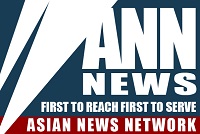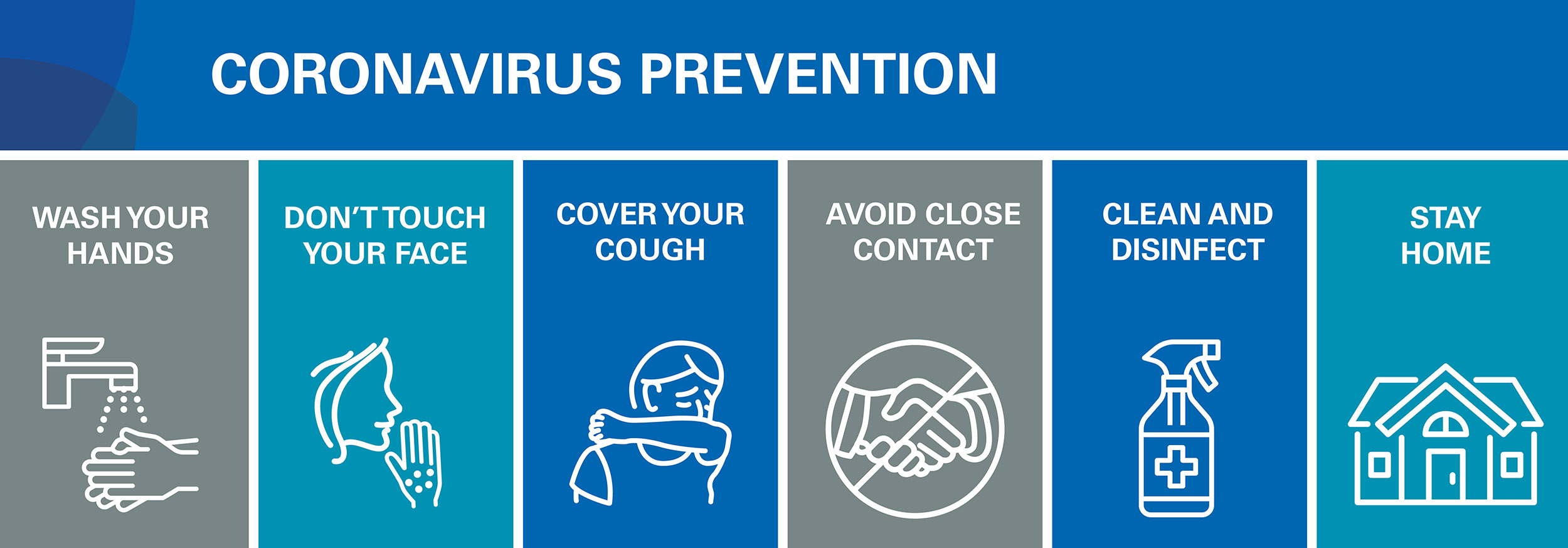
Netherlands’ Prime Minister Mark Rutte attends a joint news briefing with Ukraine’s President Volodymyr Zelenskiy (not pictured), amid Russia’s attack on Ukraine, in Kyiv, Ukraine February 17, 2023. REUTERS/Viacheslav Ratynskyi/File Photo Acquire Licensing Rights
AMSTERDAM, Nov 22 (Reuters) – The Dutch will elect a new parliament on Nov. 22 in an election that will bring the Netherlands its first new prime minister in over a decade, and determine how conservative the country’s new cabinet may be.
WHY WAS THIS ELECTION CALLED?
Outgoing Prime Minister Mark Rutte’s centre-right government collapsed in July over differences in how to reduce the flow of asylum-seekers entering the country. Rutte, the country’s longest-serving prime minister, has lost popularity and promised not to stand again.
WHAT ARE KEY VOTER ISSUES?
The Dutch campaign has centred on three issues: immigration, living standards and climate change.
With unemployment below 4%, key social issues include a housing shortage, failures of the healthcare system, and resentment that the gap between rich and poor has been increasing in the famously egalitarian Dutch society.
Immigration has been a problem in the Netherlands since the early 2000s, and restricting asylum seekers and labour migrants remain important themes.
Voters motivated by the climate crisis say the country needs to accelerate investment in green infrastructure, and end subsidies that benefit fossil fuel companies.
WHAT CHANGES COULD A NEW DUTCH GOVERNMENT BRING?
A majority of voters support right-leaning parties, but no party is on track to take more than 20% of the vote. That means difficult coalition talks and compromises lie ahead.
A hard right coalition could approve building new nuclear plants, as well as new strategies to restrict immigration, and tweaking plans to reduce livestock and fertilizer use, which are strongly opposed by farmers.
Conservative parties have not ruled out seeking exemptions from European Union rules to achieve those goals.
A more centrist coalition would likely continue an ongoing build-out of renewable energy, notably wind farms in the North Sea, bar drilling for natural gas, follow through on plans to cut livestock, and increase social spending, including raising the minimum wage.
Virtually all parties say they want to address a housing shortage.
WHO’S IN THE RUNNING TO REPLACE RUTTE?
There are four candidates with a shot at replacing Rutte.
Dilan Yesilgoz, who leads Rutte’s conservative VVD Party, herself a Turkish immigrant who would be the Netherlands’ first woman prime minister.
Frans Timmermans, the EU’s former climate chief who is leading a combined ticket for the Labour and Green Left Parties.
Pieter Omtzigt, a former Christian Democrat who has launched his own protest party called “New Social Contract”, focused on reforming the Dutch political system.
Geert Wilders, the long-time anti-Islam politician, who has positioned his Freedom party as more moderate lately in hopes of entering government.
THE VOTE AND AFTERWARD
Voting booths are open from 7:30 am and close at 9 p.m. (2000 GMT), when national broadcaster NOS will announce its first exit poll.
Late in the evening, party leaders will respond, though vote counting will not be completed until Nov. 23. The old parliament is expected to convene on Dec. 5 and new parliament to sit for the first time on Dec. 6.
Jockeying to form a new government begins fairly quickly after the vote, but the process has many steps. The party that emerges as largest traditionally takes the lead by naming a first negotiator.
Talks typically take months as parties consider what compromises they are willing to make, as well as which combinations would also command a majority for policies in the Senate (which vets laws and is not affected by the Nov. 22 election) or whether a minority cabinet could work.
Rutte and his current team will remain in a caretaker role until the new government is installed, likely in early 2024.
Reporting by Toby Sterling, editing by Ed Osmond


































